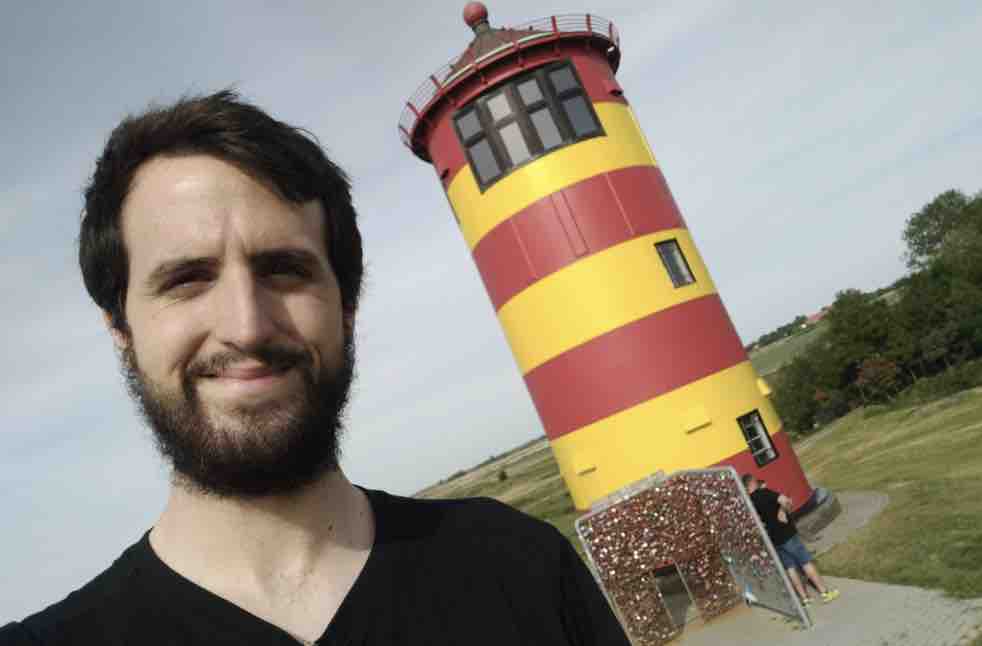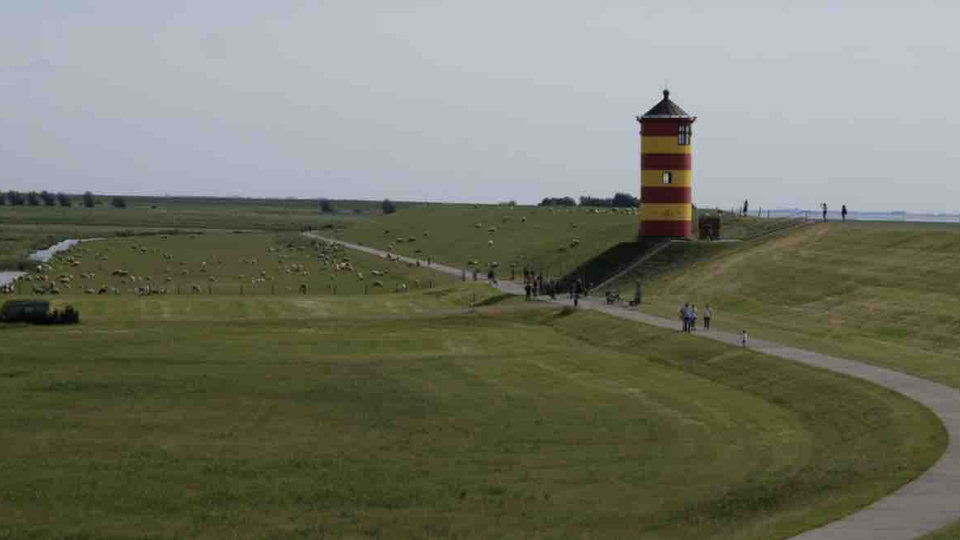
The Process Itself Is the Goal

No goal should be an achievement on its own, but the process itself that helps us to go in the direction of these goals.
Goals, in business and in life in general, should be conceived as directions, where their real intention is to help us accomplish more in the way we planned or want.
If we get rewarded only for results and not for processes, we will become pretty miserable.
Society doesn’t reward the journey, but the results, and that’s exactly part of the problem when you are too focused on how society acts on you. Of course, it’s important to listen to society, but it’s more important to listen to ourselves in order to improve constantly. Continuous improvement doesn’t apply to software only but to everything in life.
How do I keep myself focused?
This is a totally subjective topic that might be different from person to person. That said, I think it might be useful to share my thoughts with you, so I’ll do it.
Self-reflection
I used to write my thoughts in a “diary” for some years. Back then, in 2015, when I moved to Germany, I didn’t know many people here, and the environment was completely new. I decided to write my thoughts to myself in order to read them the day after and do some retrospection about it. Finally, after around 3 years, in December 2017, I published a book named “Ojos en un recuerdo”. That book is the compilation of those thoughts. No story behind it. They are as they came. You can see the evolution of the topics and about what and how they were written.

The exercise of self-reflection itself was more important than the book! The goal here wasn’t writing a book at all. The goal was the self-projection to understand what was going on inside myself. Publishing those thoughts in a book was an accident. A beautiful accident, though. This habit of thinking about my actions and decisions (what do I do and why) helped me to develop who am I nowadays.
Sports
Exercise helps my mind to disconnect from the tech area. It keeps my body active using some energy in a different environment. But most importantly, it helps to get fully tired before going to bed. I feel myself resting much better if I’ve done some sport during the day: contact sports, fitness studio, or simply running.
The specific sport itself is an irrelevant detail as far as you feel comfortable. The act of doing sport is the key here.
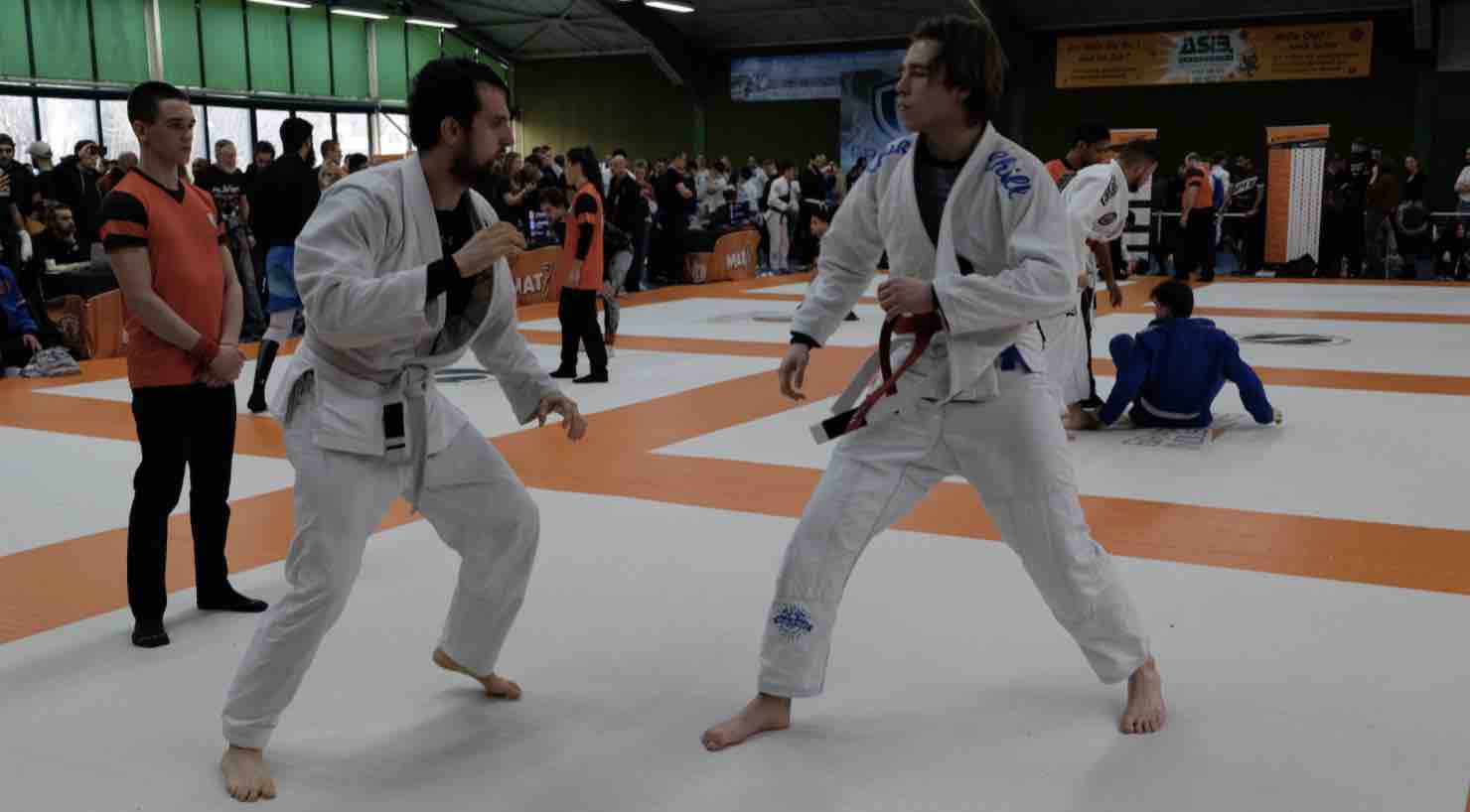
Books
I try to read tech throughout the day and non-tech during the night. For example, some days before going to work or after working time I might read a tech book. And some days before going to sleep I like to read a non-tech one. This way, I feed my brain with knowledge and I also provide it with non-tech space, so it can rest from code and enjoy other “universes” as well. Some suggestions that helped me to understand how we behave, why we do what we do, and therefore build some habits that I didn’t know how to:
- The power of Habits, by Charles Duhigg.
- Atomic Habits, by James Clear.
- Scrum: Doing Twice the Work in Half the Time, by Jeff Sutherland.
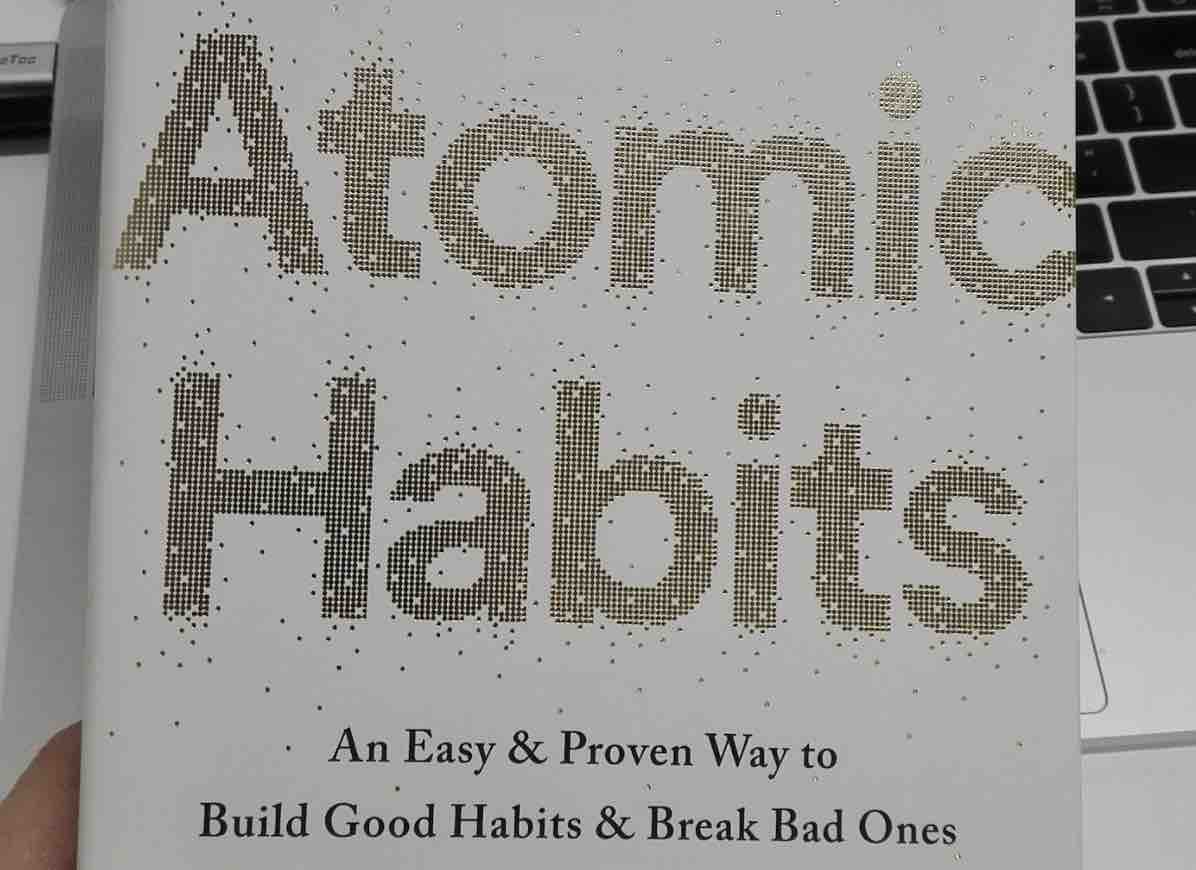
Personal tricks
I wish I would have read much more. Nowadays, with the number of distractions that we have, keeping yourself focused is pretty hard. Some tricks that help me a lot when I want to focus:
- I keep my personal phone always in silence and vibration mode.
- I used to spend hours on social media; a lot of time wasted. Not anymore. I reduced the social media noise to the minimum by removing the apps that prevent me from being as productive as I want. Some of them from my phone, others the account itself.
- I used to play video games. Not anymore. Instead, I go to GitHub to work on my pet projects, contribute to an open-source project, or simply read a book.
- When I go for a run, I enjoy it twice by listening to a 45-min podcast that I want to listen to since the very morning. The reward of listening to the podcast is linked with the act of going out and run. I conscientiously created that habit.
It’s not about removing your old habits but replacing them with new ones.
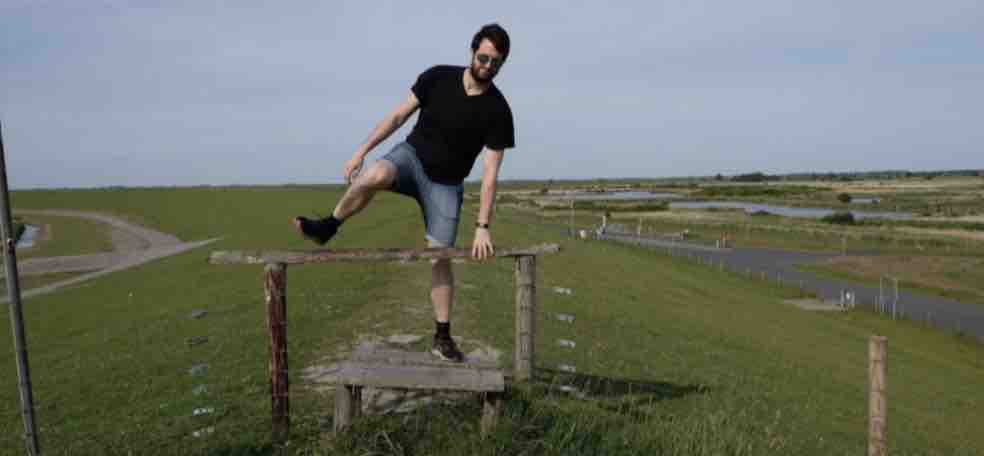
How to improve your habits
Habits emerge without our consent. To save energy, the brain creates a habit loop that looks for a trigger to cue a behavior.
- Willpower can be learned. It needs exercise, like a muscle.
- Small successes are the building blocks of bigger wins.
- Focus less on goals and more on systems and processes.
- To change habits, change how you identify yourself.
- To build good habits, the environment is more important than being motivated.
- To break a bad habit, reduce exposure to the cues that cause it.
- Bundle an action you want to do with an action you need to do.
- Don’t try to make a habit perfect, just repeat it.
- Reduce friction for good habits and increase friction for bad habits.
- Like in Scrum, removing waste is fundamental to get better.
Repetition is the key. Make it easier to do what you want to do. Make it harder to do what you want to stop doing. Enjoy the process: that’s the goal.
